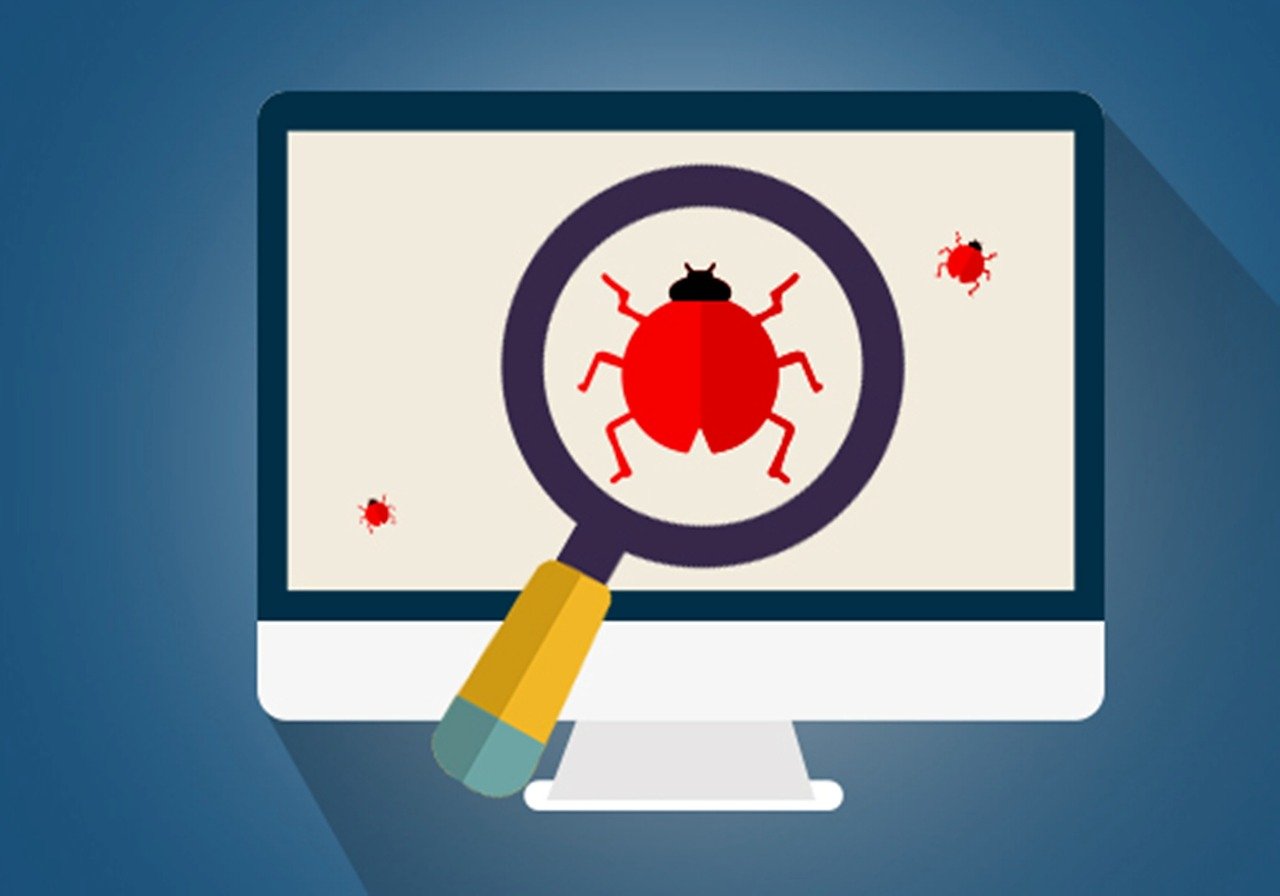Learn how codeless testing tools empower small security teams in this post.
In today’s digital-first economy, businesses of all sizes face significant cybersecurity challenges. Small organizations in particular are often targeted by cybercriminals because they usually operate with fewer resources and smaller security teams.
This makes the need for efficient, reliable testing practices all the more critical. Unfortunately, many small businesses struggle to balance tight budgets with the need to safeguard their applications and digital assets.
This is where codeless testing solutions step in. Platforms such as TestCraft allow even lean teams to adopt automation in ways that were previously limited to large enterprises with dedicated testing staff. By lowering the technical barrier to entry, these tools empower small cybersecurity and QA teams to protect applications and improve resilience.
Table of Contents
The Challenge of Security for Small Teams
Small businesses and startups often run on razor-thin margins, meaning cybersecurity is sometimes seen as a cost center rather than a core investment. Without adequate staffing, one of the most significant risks is human error, which can arise from skipped tests, rushed deployments, or insufficient validation of updates.
Additionally, the evolving complexity of modern applications increases the attack surface. For instance, mobile apps, web portals, and cloud-based platforms are constantly updated with new features.
Each change introduces potential vulnerabilities if testing is incomplete or inconsistent. For small teams, traditional test automation often feels out of reach because it requires programming skills, frameworks, and dedicated engineers.
Why Codeless Testing Matters
Codeless testing platforms are designed to remove these barriers by allowing testers to build and execute test cases without writing code. Instead of scripting, team members interact with visual interfaces, record user journeys, and configure conditions with drag-and-drop functionality. This simplicity makes advanced test automation accessible to small teams that may not have specialized developers.
For security teams, this is a game-changer. By reducing dependency on technical coding expertise, codeless solutions let QA specialists, security analysts, or even general IT staff participate in the testing process. This ensures wider adoption, quicker setup, and continuous testing practices that directly support security goals.
Benefits of Codeless Testing for Cybersecurity
1. Faster Test Coverage
Codeless testing accelerates the creation of test cases. Teams can validate user authentication, data access permissions, and transaction workflows in minutes. This speed is crucial for keeping pace with agile development cycles.
2. Reducing Human Error
Manual testing is vulnerable to oversight, especially under time pressure. Automated test runs eliminate repetitive manual checks, ensuring consistent security validation across environments.
3. Cost Efficiency
Small teams often can’t afford to hire large QA departments. With codeless testing, one or two team members can manage complex testing needs, reducing both time and labor costs.
4. Continuous Testing Integration
Modern security relies on catching vulnerabilities early in the development cycle. Codeless platforms integrate easily with CI/CD pipelines, enabling continuous validation without slowing down delivery.
5. Empowering Non-Developers
A codeless approach democratizes testing by empowering security staff or compliance officers to validate key functions. This reduces reliance on developers, freeing them to focus on feature development rather than repetitive tests.
TestCraft as a Practical Solution
Among the codeless platforms available today, TestCraft has emerged as a strong choice for small organizations. It combines an intuitive interface with AI-driven automation to build, execute, and maintain tests efficiently. Unlike traditional frameworks that break when applications update frequently, TestCraft leverages AI to adapt to changes and minimize maintenance overhead.
For small security teams, this adaptability is especially valuable. It means fewer broken tests, less wasted time, and more confidence in the resilience of business-critical applications. Whether it is validating login flows, monitoring API endpoints, or testing compliance-related processes, TestCraft offers the tools needed to maintain strong application security.
Case Scenarios Where Small Teams Benefit
- Startups in Fintech
A fintech startup handling online payments must comply with strict security standards. With only a handful of developers, relying on manual tests would risk overlooking critical vulnerabilities. Codeless automation allows them to validate payment flows, encryption protocols, and access controls without hiring a large QA team.
- Healthcare Providers
A small clinic managing patient data is bound by regulations like HIPAA. Their lean IT team can use TestCraft to automate testing of login sessions, secure form submissions, and role-based permissions, ensuring compliance while reducing risks of data breaches.
- E-Commerce Shops
Small online retailers process sensitive customer data daily. Automating regression testing ensures secure checkout processes and reduces the likelihood of exposing vulnerabilities that hackers might exploit.
Overcoming Barriers to Adoption
Even with its benefits, some small businesses hesitate to adopt codeless test automation due to concerns about costs or training. The truth is that modern platforms like TestCraft are designed with simplicity in mind, requiring minimal onboarding. Many solutions also offer flexible pricing, allowing small teams to scale their testing as the business grows.
By starting with mission-critical workflows, such as user authentication or payment verification, small teams can gradually expand test coverage and achieve significant returns on their investment.
The Future of Security with Codeless Testing
The growing sophistication of cyberattacks means that even small businesses must prioritize robust testing. Codeless platforms are likely to become indispensable as organizations adopt DevSecOps practices and strive to integrate testing throughout the software development lifecycle.
With AI enhancements, future versions of tools like TestCraft will not only maintain tests automatically but may also predict security vulnerabilities before they occur. This predictive layer could give small teams the same level of resilience as much larger enterprises.
Conclusion
For small security teams, the challenges of limited staff and resources no longer have to mean compromised resilience. Codeless testing platforms provide a scalable, accessible solution to maintain strong application security. By adopting tools such as TestCraft, small businesses can reduce risks, comply with regulations, and strengthen their digital defenses without overextending their resources.
In an era where cyber threats continue to escalate, the combination of automation, AI, and accessibility offered by codeless testing may very well be the deciding factor in keeping small organizations safe.
INTERESTING POSTS
- Why Digital Resilience Is Key In An Uncertain World
- How To Optimize Shopify Performance And Reduce Bounce Rates
- 11 Thrifty Reasons Why Mobile Automation Testing Is Needed
- Test Automation: Features, Benefits, And Challenges Of Automated Testing
- How To Get Started With Software Test Automation
- Why Is Cybersecurity In Financial Services Important?
About the Author:
Meet Angela Daniel, an esteemed cybersecurity expert and the Associate Editor at SecureBlitz. With a profound understanding of the digital security landscape, Angela is dedicated to sharing her wealth of knowledge with readers. Her insightful articles delve into the intricacies of cybersecurity, offering a beacon of understanding in the ever-evolving realm of online safety.
Angela's expertise is grounded in a passion for staying at the forefront of emerging threats and protective measures. Her commitment to empowering individuals and organizations with the tools and insights to safeguard their digital presence is unwavering.








